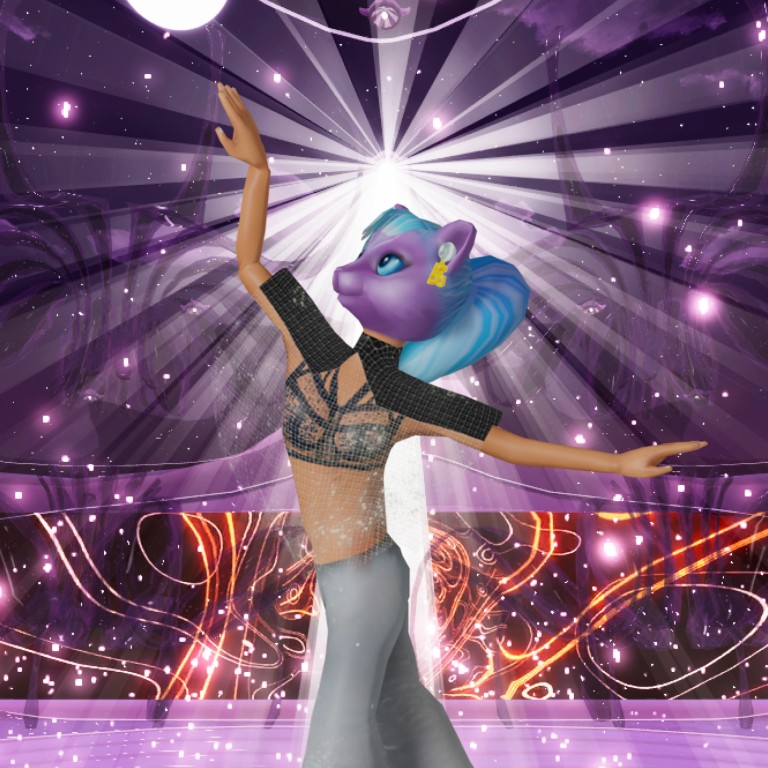Do we need fashion weeks any more? How the metaverse, digital avatars and live-streamed catwalk shows are democratising the luxury landscape

- More than 100,000 people attended the world’s first Metaverse Fashion Week in ‘Decentraland’, opening the notoriously exclusive fashion industry up to the world
- Who needs models? Dolce & Gabbana offers 20 metaverse looks, virtual avatars showed off Etro’s new collection and Giuseppe Zanotti debuted 1,000 digital-only sneaker designs
A tapestry of style, creativity and highly coveted party invites awaited the well-heeled elites of the world, as the established A-listers were joined by up-and-coming stars at the recent return of the fashion weeks of Paris, Milan, London and New York. Together, this “big four” is the fashion industry’s ultimate annual extravaganza.
Before the pandemic, an audience of 100 or more congregating in a closed space was normal for a runway show. Today that idea seems alarming to many for whom the pandemic has recalibrated their acceptance of crowds. In February 2020, the first fashion season after the outbreak of Covid-19, the industry moved away from throwing lavish physical shows, for which the global fashion communities – editors, buyers, celebrities and influencers – typically flew into the quartet of style headquarters.

Instead, brands embraced technology to conjure up a variety of formats through which stakeholders could remotely digest the collections: live-streaming catwalk shows without an audience presence, videos and documentaries enlisting big name photographers, regional small-scale runways, Loewe’s show in a box or Balenciaga planting collections into video games.
Your avatar or digital self could purchase and own a digital version of a Gucci handbag as an NFT, that could potentially become a piece of fashion history … passed down through generations as a family heirloom
The discussion surrounding whether the traditional fashion calendar that has operated for decades still suits the modern era has fuelled heated debate ever since the pandemic began. Now other factors are changing the discourse, including the trend for customers to eschew the traditional seasons of clothes and the next generation’s growing concerns around sustainability – witness the incident when a protester from Extinction Rebellion gatecrashed Louis Vuitton’s show last October. As if these were not enough to challenge the status quo, the emergence of Web3 – especially the newfangled metaverse – has added yet more unknowns.

In late March, the first-ever Metaverse Fashion Week (MVFW) took place in Decentraland, an Ethereum blockchain-powered virtual world. Constructed just like an IRL fashion week, the digital counterpart bustled with catwalk shows, shopping districts enabled by cryptocurrencies, panel talks, interactive experiences and polished after-parties. Over 60 brands – digital-savvy designers as well as heritage labels – artists and creatives took part, showcasing wearable collections for avatars, digital spaces, innovations and their vision for the virtual space.
